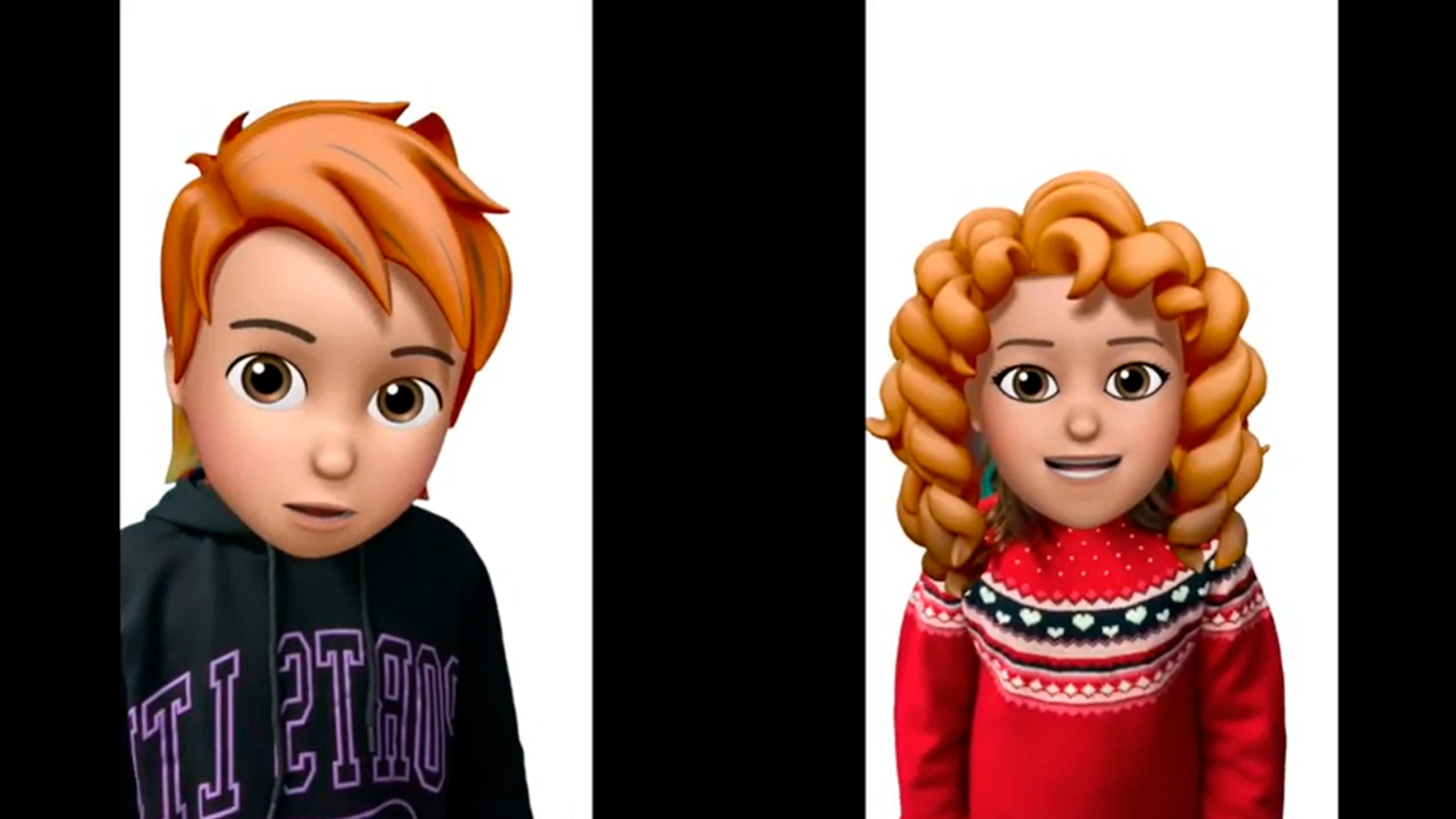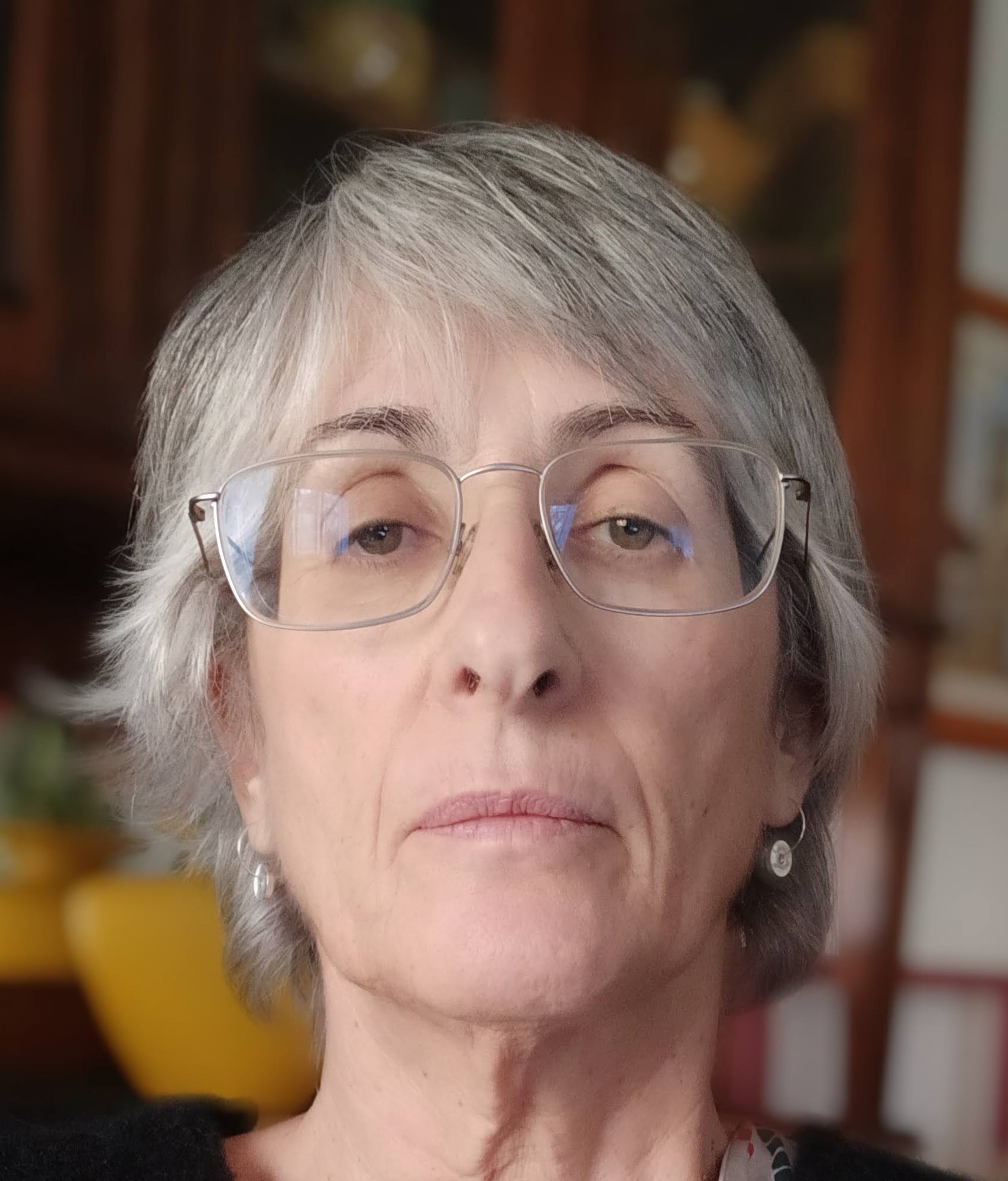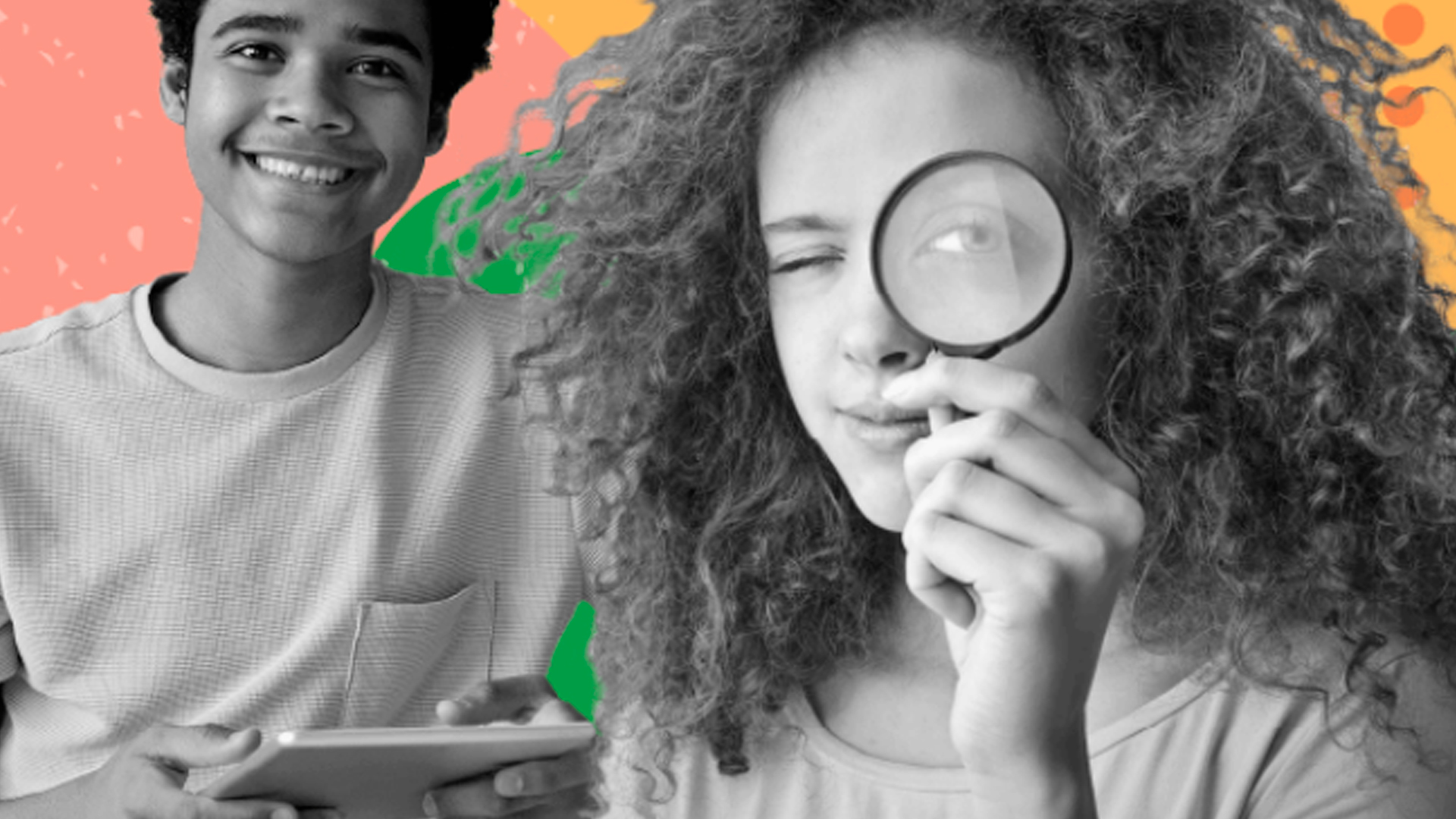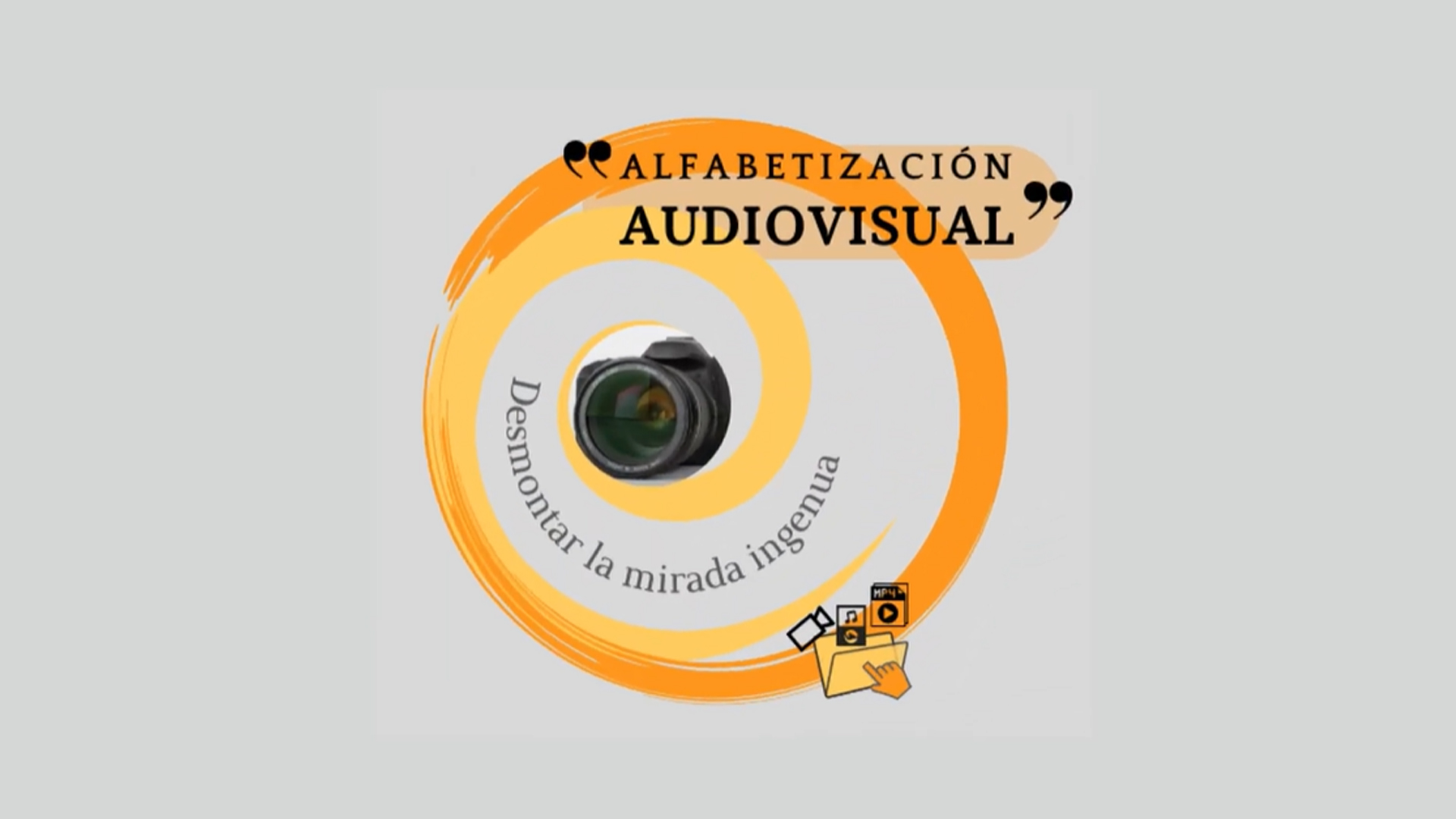Onlife.com@BEMM


Context
"Onlife.com@BEMM_Media and Information" is a biannual project (2021-2022 / 2022-2023), conceived by the school libraries from Marquês de Marialva (BEMM) after applying for the “Ideas with merit” competition, promoted by the Portuguese School Library Network (RBE).
Its goal is to answer to the diagnosed problematic situations taken from the teachers’ empirical knowledge and the guidance documents from the local School Cluster that recommends a higher investment in Media and Information Literacy, more innovative pedagogical practices, and a permanent interaction among all educational stakeholders.
Highlights...
Objectives
Critical thinking
Media and information literacy
Creation of products resulting from the scripts and topics discussed.
Didactic sequence
Diagnosis
Topics
Campaign
Dissemination
Assessment and conclusions
Successes
Things to improve

Take this experience to your classroom!
Tips to adapt the experience to your classroom
Interdisciplinarity
Timing






